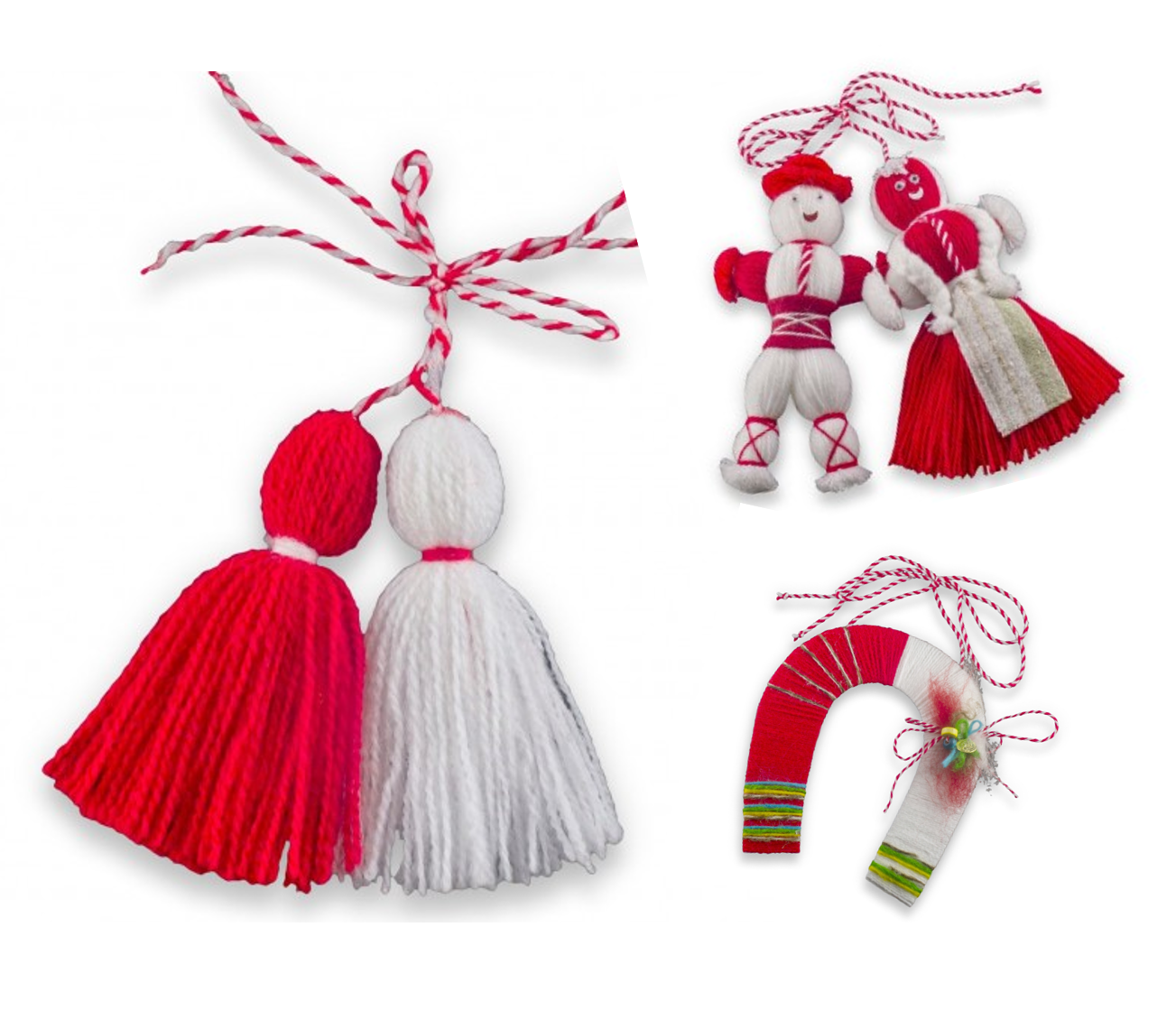The Bulgarians and their traditions
Gestures
The Bulgarian gestures for “Yes” and “No” often confuse people from other countries. Shaking your head from side to side indicates “Yes” and an Up and down movement means “No”. “No” is also expressed with a sudden downward jerk of the head and a clicking sound made with the mouth. Many children use this method.
Bulgarians greet each other by shaking hands. Close female friends may kiss one another on the cheek. The most common formal greetings are: Как сте? [kak ste] (“How are you?”) and Здравейте! [Zdraveite] (“Hello”)

Baba Marta
On March 1st, Bulgarians celebrate a traditional holiday known as Baba Marta (translated as Grandma Marta in English), which marks the arrival of spring. While people worldwide welcome spring with joy and renewed hopes, in Bulgaria, this celebration is preserved as an ancient tradition.
On this day, Bulgarians exchange small adornments called "Martenitsi" (singular: "Martenitsa") and greet one another with "Chestita Baba Marta!" (Happy Grandma Marta!). This custom symbolizes wishes for good health, happiness, and luck for family and friends. The name "Martenitsa" derives from the Bulgarian word for March ("mart") and is also linked to a folklore tale about an old woman named Baba Marta ("baba" meaning grandmother and "Marta" stemming from "mart," the Bulgarian word for March).

Martenitsi can be crafted in various forms, with the traditional design being a tassel. When shaped as "figurines," the boy is named "Pizho," and the girl is named "Penda."
Palm Sunday
and Lazarus Saturday
Palm Sunday (Tsvetnitsa) is a movable feast, preceded by Lazarus Saturday (Lazarovden) the day before. These two holidays always fall on the Saturday and Sunday before Easter.
Traditionally, a prayer service is held in the church on these days, and willow branches are blessed. The branches are distributed to worshippers, who take them home for health and protection. The branches are often used to adorn gates or woven into wreaths made from the consecrated willow.
Lazarus Saturday, or Lazarovden, is a Christian holiday dedicated to the Resurrection of Lazarus. Alongside its religious significance, a traditional folk ritual called "Lazaruvane" is performed. Throughout the day, young women known as "lazarki" sing traditional songs. Lazaruvane is both a major religious observance and a folk custom.
The lazarki are not merely unmarried women but young girls who are transitioning into womanhood. They sing songs dedicated to each member of the household, emphasizing the communal and celebratory nature of the tradition.


